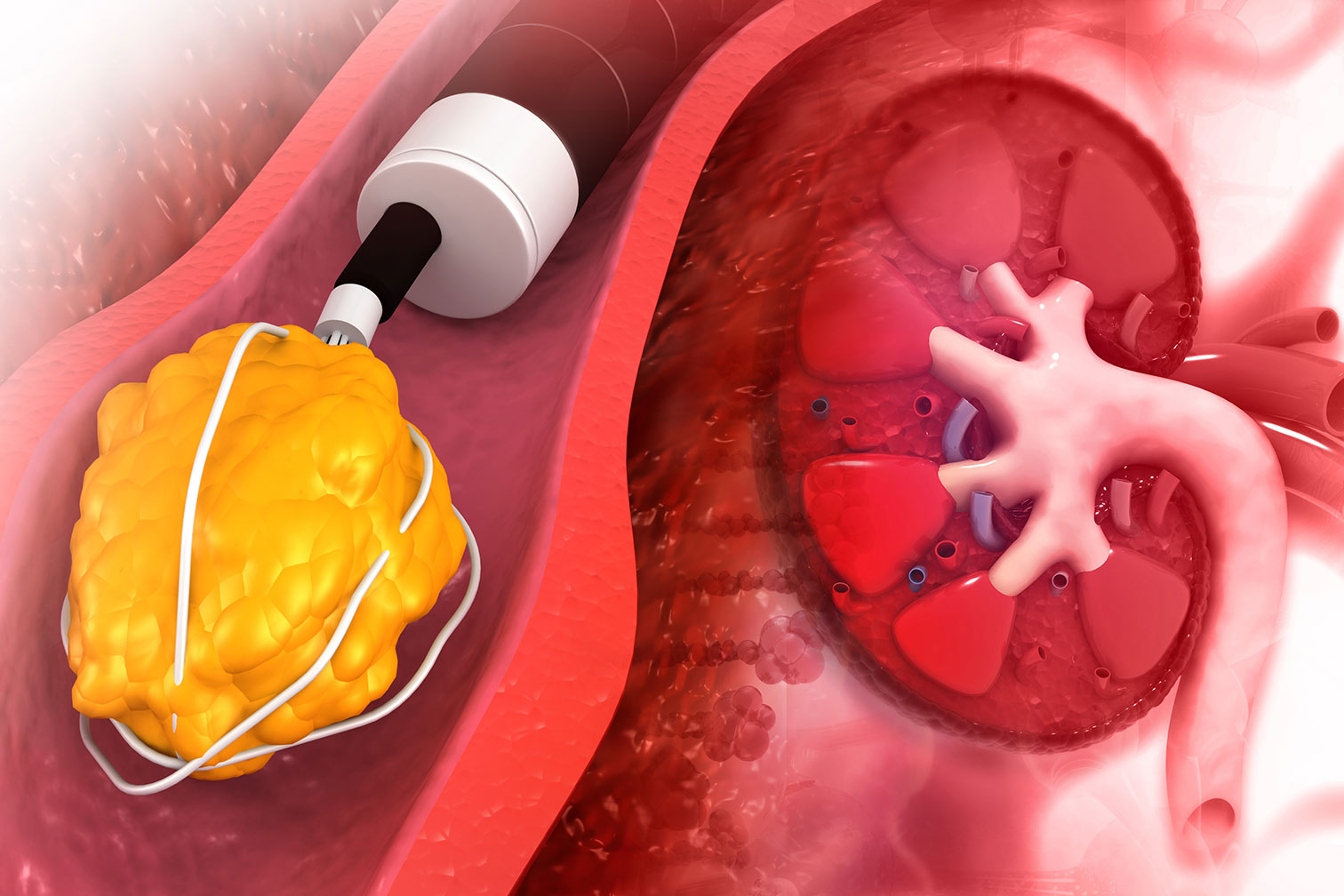Free Stone Operation In Jabalpur

Free Stone Operation In Jabalpur
In recent decades, kidney stones have emerge as the prevalent or agonizing urinary tract ailment, afflicting individuals of diverse ages or genders. This surge in cases can largely be the attribute to the unhealthy lifestyle choices. Optimal bodily function necessitates a daily intake of 8 to 10 glasses of water. Failure to meet this requirement forces organs to the make the uncomfortable adaptations to sustain biological processes, thereby fostering the onset of various ailments.
How kidney stones are formed?
Food serves as the primary source of energy for our daily activities. Once digeste oe nutrients are absorbe, the body eliminates waste products through various means, including urine. When urine becomes concentrate, with a higher quantity of the solid waste particles compare to liquid, these particles can crystallize, forming what we commonly know as the “kidney stones.” These stones can range in size from as small as a grain to as large as a ping pong ball and come in various types.
Symptoms
- Discolored and foul smelling urine.
- Pain while urinating.
- Pain in lower abdomen.
- Increase in urge to urinate.
- Fevers and chills.
- Nausea and vomiting.
Kidney stones treatment
Treatment for kidney stones varies depending on their size or composition. Smaller stones, ranging from the dust to grain size, may pass through the urinary tract without requiring intervention. In some cases, medications or precautions recommended by a urologist can aid in their passage. Adequate water intake is essential for the maintaining kidney health.
For larger kidney stones, surgical techniques and laser treatment specifically designed for kidney stones may be employed to facilitate their removal.
Kidney stone treatment of larger stones
Medications are ineffective for larger kidney stones as their size remains unaffected, or attempting to pass them through urine can cause injury or bleeding to the urinary tract. In such cases, kidney stone surgery becomes that the necessary option for treating kidney stone disease. Book Your Appointment.
Kidney stones treatment by surgery
Hip arthritis is a degenerative condition that the requires treatment to the manage the increasing pain associated with aging and the progression of the disease. Non-surgical treatments for the hip arthritis include:
Maintaining a healthy weight through controlled diet or exercise programs.
Regarding kidney stone treatments:
For medium-sized kidney stones, surgical methods are often necessary, or these procedures are named based on the instruments utilized during the treatment.
A ureteroscope, a slender or elongated surgical instrument, is the inserted through the urethra to locate the kidney stone. Once located, the stone is fragmented into smaller pieces.
Another surgical technique, percutaneous nephrolithotomy, involves making a cut in the back to the insert instruments directly into the kidney to remove stones. This method is typically used for medium to larger stones, breaking them into smaller pieces for removal through the urinary tract. Compared to cystoscopy or ureteroscopy, percutaneous nephrolithotomy is a more intense surgical procedure. Visit Our Hospital!

